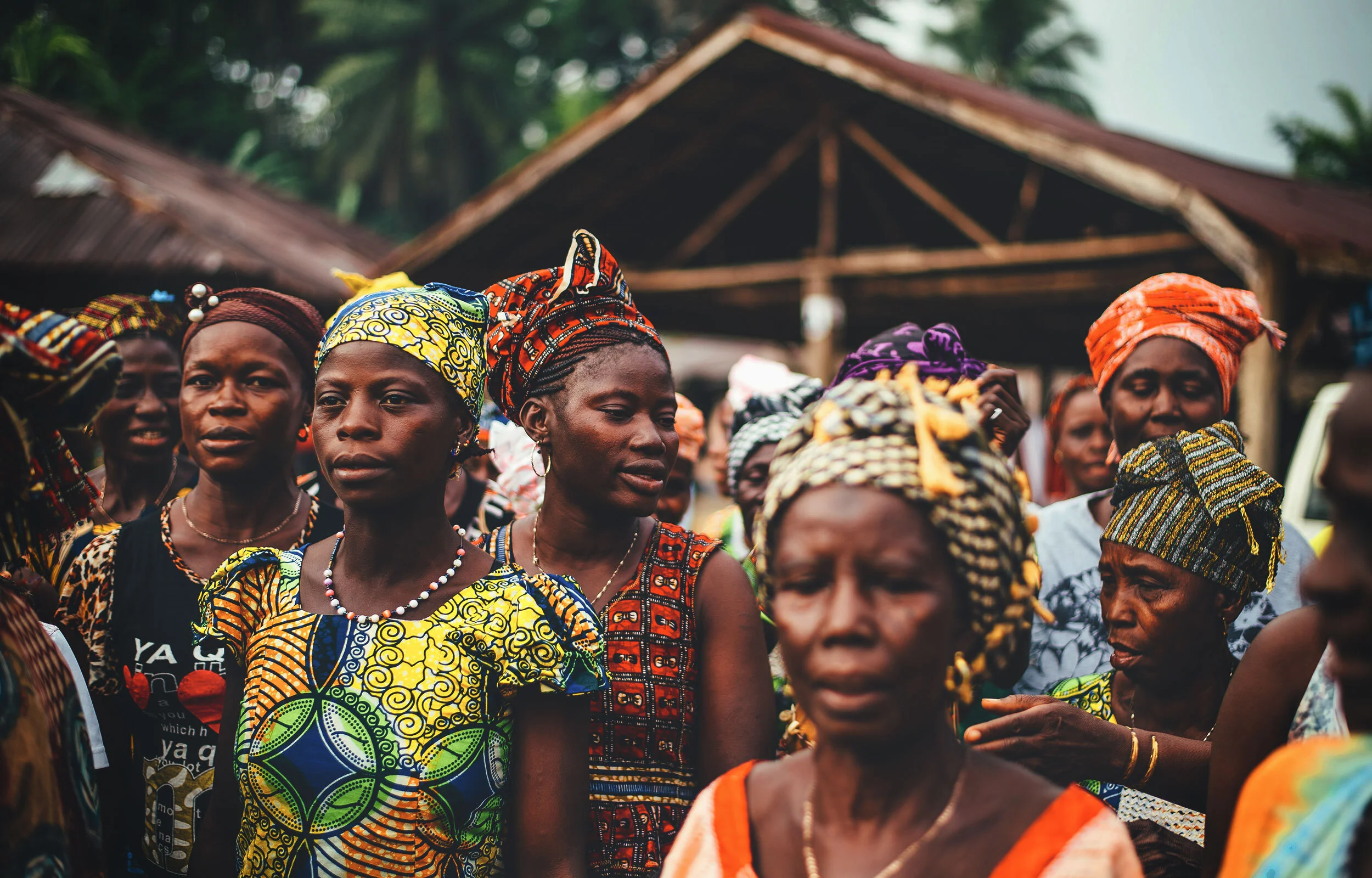
LOCAL INITIATIVES AND COMMUNITIES
The need for decentralised approaches and more localised efforts
by Divya Nambiar
—
Our countries at the micro-level displayed great resilience. The southern Indian state of Kerala demonstrated the power of collective action and how strong partnerships between the government and citizen groups is vital in the fight against the pandemic. Bringing to the fore the need for decentralised approaches and more localised efforts. While India is now grappling with an enormous crisis with over 400,000 citizens affected by the disease, Kerala still has less than 3000 cases.
For example, Kudumbashree – a women’s collective with 4 million women in Kerala as members, organises women into self-help groups, with the aim of providing them with increased access to new economic activities and livelihoods.
During the Covid-19 crisis, members of these groups worked in collaboration with local government to spread information, distribute masks and run community kitchens. A cadre of frontline health workers, worked at the cusp of the community and the health system: assisting in testing; contact tracing; monitoring individuals under quarantine; running awareness campaigns; and delivering food to children out of school. In addition, over 300,000 young people in the state enrolled as ‘citizen volunteers’, as foot soldiers to fight the COVID-19 battle on the ground. The Kerala case demonstrates that pandemics can be fought through partnerships – governed by the values of empathy and social solidarity, rather than by power and authority.
There are incredible examples of resilience at the microlevel in each of our countries
Dr Divya Nambiar, Senior Consultant at Oxford Policy Management’s (OPM’s) education portfolio.
OUR SPEAKER
Divya Nambiar
Dr Divya Nambiar is Senior Consultant at Oxford Policy Management’s (OPM’s) education portfolio, with 15 years of experience in the development sector. She leads OPM’s global work in the areas of skills development, technical vocational education and training (TVET), and livelihoods. At OPM, Divya has built a new strand of work on the theme of skills development, which applies a multidimensional skills framework to address development challenges in diverse areas. This includes: early childhood development, adolescent development, training of frontline health workers, child labour, youth employability, and livelihoods. She leads and manages several international projects focused on skills, labour and youth, both within the education portfolio, and across global portfolios including health, public sector governance, and climate change and energy.
Prior to joining OPM, Divya was Senior Consultant at the Office of the Union Secretary, in the Government of India’s newly established Ministry of Skill Development and Entrepreneurship (MSDE) for three years. At the Ministry, she was tasked with providing evidence-based policy advisory support to the Ministry’s Union Secretary; formulating and designing national policy and programme initiatives on skills development (including India’s National Policy for Skill Development and Entrepreneurship, 2015 and the National Skill Development Mission, 2015); managing the Indian government’s bilateral and multilateral skill development partnerships; designing and coordinating key strategic partnerships across government ministries and industry established Sector Skills Councils.
Divya has previously consulted for the World Bank, international think-tanks, development research centres, and the private sector, on themes including poverty reduction, livelihoods, gender and collective action, and skills development. She has also taught politics and area studies at Oxford University.
Divya holds Doctor of Philosophy (DPhil) and Master of Philosophy (MPhil) degrees in Development Studies from Oxford University and a Master of Arts (MA) in Sociology from Jawaharlal Nehru University. Her doctoral thesis entitled ‘Skill Development and Youth Aspirations in India’, was based on 16 months of ethnographic research in south India. It examined the changing aspirations and skills requirements of youth - particularly young women, as they enter new industrial workplaces for the first time.
—
Individuals contributed with their image and content in a personal capacity, not as a part of their role in any institution or company listed on this website.

Resources and points of view
A novel idea: integrating urban and rural safety nets in Africa during the pandemic, an article in The Conversation
In countries across Africa, the public health restrictions imposed to deal with the COVID-19 pandemic have thrown many people out of work. Cities face the risk of widespread hunger, with the collapse of urban incomes and disruptions in food supply chains. And where there are government-run relief programs, many have only reached a fraction of the people who have lost their incomes.
Strengthening community ties and supporting each other through the COVID-19 crisis, an article in the Climate KIC
The coronavirus outbreak has spread to the entire world, taking an enormous amount of lives. During this time of uncertainty, we’re all trying our best to adjust, and protect ourselves, our families and communities.
After COVID-19, we must invest in—not isolate—our most vulnerable communities, an article in Brookings
Quarantine is not a new strategy in America. Our nation’s go-to approach for “solving” social problems has long been spatial segregation and boundary drawing, from redlining, to racist urban planning, to concentrating health hazards in poor neighborhoods.




